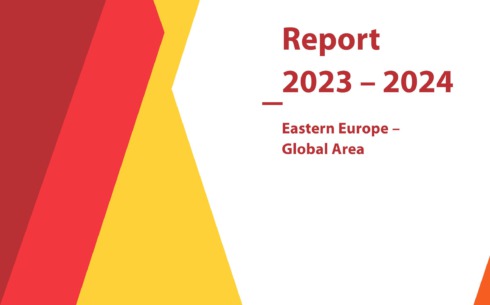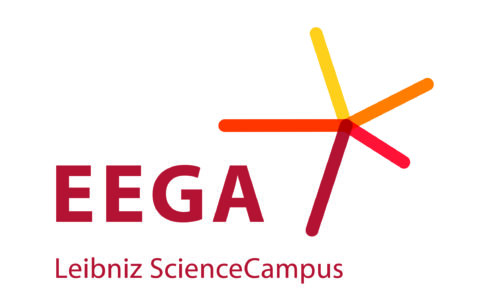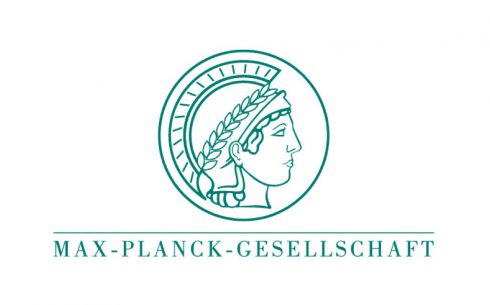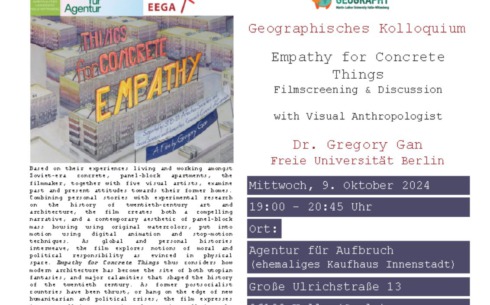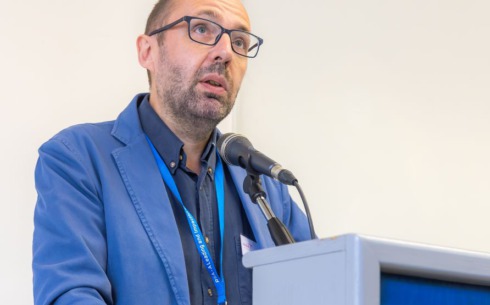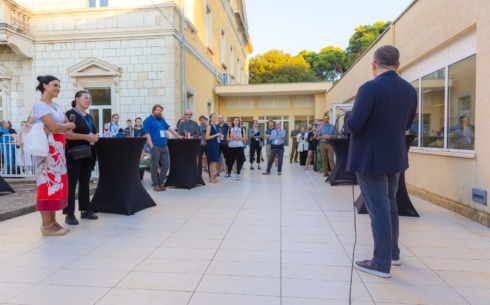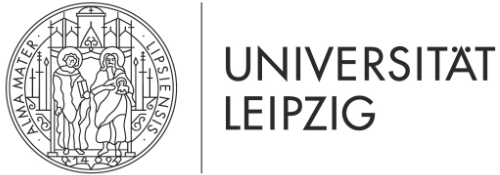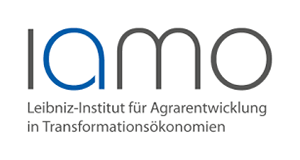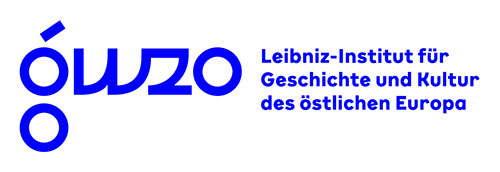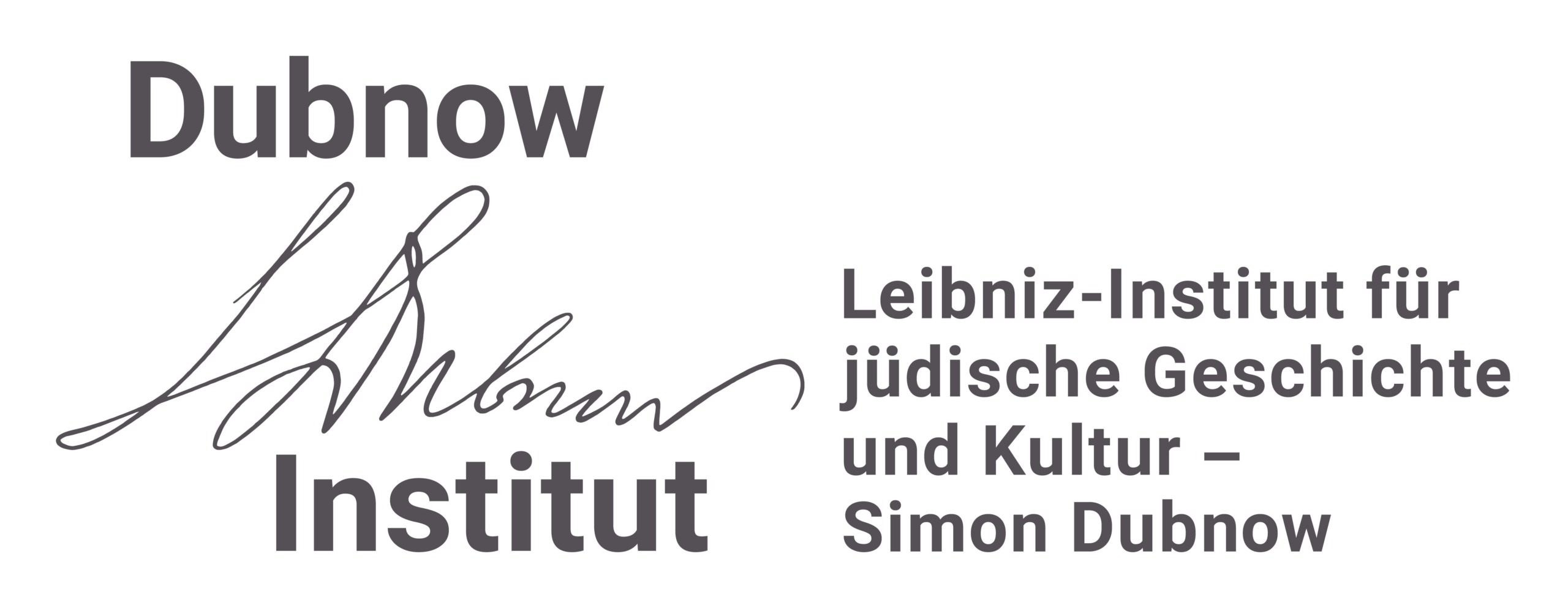CfC: Collective volume “Global Challenges: Responses from and towards Eastern Europe”
Edited by Castryck-Naumann, Katja / Dallywater, Lena / Henn, Sebastian
Call for Contributions
Recent scholarship in the fields of Transregional Studies and Global History has shown that a broad spectrum of actors enables and controls flows of people, goods, and knowledge. In the realms of economy and culture, in social affairs as well as in international organisations, to name but a few, individuals navigate between local, national, regional and international spaces, using the frameworks that the state provides while at the same time challenging national control mechanisms. This perspective has so far only partially informed the study of Eastern Europe. For (too) long the notion of Eastern Europe as backwarded, entrenched, and peripheral, as well as having little share in dealing with globalization, has dominated public perceptions and research. If seen from an actor-based perspective these well-established image crumbles: There is growing empirical evidence that a multitude of actors from Eastern Europe perceives and addresses global challenges. In particular, we think of the effects of climate change (and its impact on food production, housing, security, migration), of the pandemic and the shifts in global health, of populism and national backlashes threatening social cohesion and minority positions. Furthermore, we witness increasing global competition in the fields of economy, access to natural ressources and armament challenging existing hierarchies.
To cope with these dynamics and challenges, actors in Eastern Europe develop a multiplicity of strategies and practices on different spatial levels. Some respond on a local level by developing grassroot activities in rural areas and villages; others seek alliances on a regional level or attempt to establish solutions within international frameworks. To gain a systematic understanding of this diversity, the edited volume focuses on (groups) of actors who respond to global challenges by establishing new connections and alliances. By applying a rigorous actor-centred perspective, this volume does not take the nation-state as the main frame of reference but contextualizes the national in the multitude of other spaces people use to address global dynamics.
To reach this aim, the book adopts various perspectives: First, individual studies have a closer look at the way different actors mobilize people, strategies, and resources in societies of Eastern Europe and Central Asia. Second, it sheds light on the contexts and spaces of action within which these responses are formulated. This includes legacies of entanglements in the region, the reception of ideas and practices observed in other parts of the world as well as alternative geographies and new geopolitical projects. Third, it aims at drawing the attention to the reactions from the international community to these responses and projects. We thus look at how the understanding of Eastern Europe changes the context of global interactions, once again in view of the respective actors.
By focusing on the interplay of global challenges, responses in the region, and international reactions to them, we not only seek to analyse differences between practices and solutions in the manifold spatial contexts in Eastern Europe that vary according to the respective problem, existing resources and guiding interests but also aim at identifying patterns that help to understand the positions of Eastern European societies in global conflicts and entanglements. In an interdisciplinary approach, we seek to combine studies from Cultural History, Economics, Political studies, Geography and Sociology with perspectives from Comparative and Entangled Area studies. By so doing, this edited volume brings to the fore a new global history from the perspective of Eastern Europe and suggests pathways for the productive communication with and integration of yet other histories and historiographies from different world regions thereby offering transfer potentials for the study of other world regions.
Contributions
We invite for article proposals of 500-700 words especially from the fields of geography, history, sociology, ethnology, cultural studies, global and transregional studies, as well as neighbouring disciplines that address one of the following global challenges: Climate Change, Global Health, Nationalistic Backslash and Populist Movements, Global Competition, especially in the sphere of economy and finances, Social Cohesion. Abstracts shall specify the actors and/or groups of actors which position themselves towards this challenge, and, the strategies and practices they develop to deal with them. We plan a publication with a major international publishing house such as Palgrave Macmillan.
Deadline for abstracts is: 15 January 2022.
Please submit your abstract as one single PDF to Lena Dallywater: l_dallywater@leibniz-ifl.de
